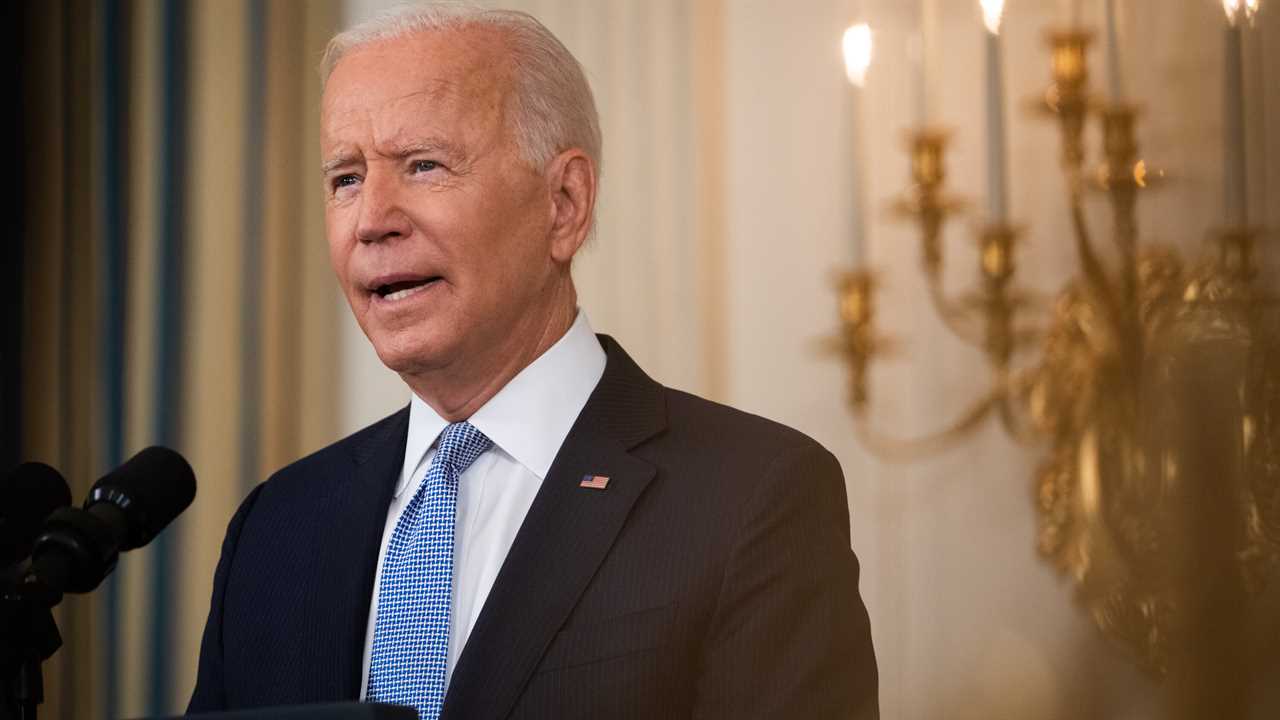
President Biden on Friday urged people who are not yet eligible for coronavirus booster shots to be patient, while suggesting eligibility could expand rapidly.
He said that his administration was “looking to the time when we’re going to be able to expand the booster shots, basically across the board,” and that boosters for the Moderna and Johnson & Johnson vaccines were likely in the offing.
“So I would just say, it’d be better to wait your turn in line, wait your turn to get there,” Mr. Biden said.
His remarks came hours after Dr. Rochelle P. Walensky, the director of the Centers for Disease Control and Prevention, recommended booster doses of the Pfizer-BioNTech coronavirus vaccine for frontline workers, as well as for people older than 65 and many people with underlying health conditions, overruling an agency advisory panel. Individuals must also have received a second dose of the Pfizer vaccine at least six months ago. Her move, though highly unusual, aligned C.D.C. policy with the Food and Drug Administration’s endorsements over her own agency’s advisers.
According to the C.D.C., as of Friday, more than 100 million of the fully vaccinated people in the United States received the Pfizer vaccine, while more than 82 million — or about 45 percent of the total — received Moderna and Johnson & Johnson doses.
Scientific advisers to the F.D.A. and C.D.C. have been not asked to judge whether people who received the Moderna and Johnson & Johnson vaccines should receive any additional doses. Booster shots for Moderna and Johnson & Johnson vaccine recipients have not been authorized by the F.D.A. Still, many Americans have already scrambled to get boosters even before federal regulators signed off this week on Pfizer boosters, typically by finding a cooperative pharmacist or by claiming to be unvaccinated.
The C.D.C. advisers noted this week that recipients of Moderna and Johnson & Johnson vaccines might understandably feel resentful of being asked to wait if the evidence suggests they need boosters.
Dr. Sarah Long, a pediatrician and infectious diseases expert at Drexel University College of Medicine in Pennsylvania, said she didn’t understand how the authorities could “say to people 65 and older, ‘You’re at risk for severe disease and death, but only half of you can protect yourselves right now.’”
“It might be the right thing to do,” she said. “It just doesn’t sound like a good public health policy.”
Authorization for Moderna’s booster could arrive in days or weeks. The company has filed its booster application with the F.D.A., calling for a shot carrying half the dosage given in the first two shots. That detail has complicated the agency’s deliberations.






